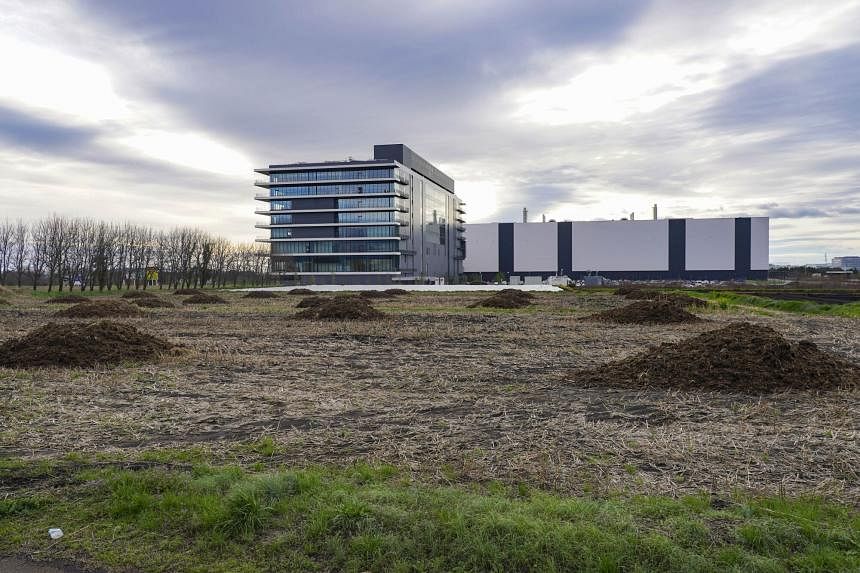TAIPEI – Japan’s south-western Kumamoto prefecture has seen a surge in travel interest from the Taiwanese – not because of the opening of a theme park or tourist attraction, but a semiconductor factory.
Taiwan Semiconductor Manufacturing Company, or TSMC as it is better known, opened its first factory in Japan on Feb 24, under its majority-owned Japan subsidiary Japan Advanced Semiconductor Manufacturing. It was an event that was met with fanfare and drew a congratulatory video message from Japanese Prime Minister Fumio Kishida.
The opening signals a potential revival for Japan’s semiconductor industry, and is a crucial move for the Taiwanese company – the world’s largest contract chipmaker – to diversify its supply chain away from its home base amid the China-United States trade war.
But the mere presence of the chip giant in Japan, announced in 2021, has also spurred an investment rush there among other Taiwanese businesses, including several banks and semiconductor firms.
This, in turn, has led to a rise in direct flights connecting Taipei and Kumamoto, and more Taiwanese travellers heading to the region amid growing bilateral ties.
According to Japanese government data, overnight stays in the prefecture by the Taiwanese saw an increase of around 20,000 in October and November 2023 – when Taiwan’s Starlux Airlines and China Airlines launched direct flights – as compared with the previous three months.
Associate Professor Yoshihisa Amae, an East Asian studies expert from Taiwan’s Chang Jung Christian University, said: “Of course, many Taiwanese going to Kumamoto are not going there just to see a semiconductor factory. But all the positive media buzz surrounding the opening of TSMC is certainly driving strong interest.
“Not that Taiwanese need any excuse to go to Japan. Taiwanese love Japan.”
The Taiwanese have long had a love affair for all things Japanese, which may surprise some, given how Japan was a former coloniser of the island.
Japan had colonised Taiwan from 1895 to 1945, improving public health conditions and building roads and railways, including the laying of sewerage systems.
Today, Japanese cultural influences can still be seen in many parts of Taiwan.
The opening of TSMC’s Japan plant, of which Japanese government subsidies have covered about 40 per cent of costs, is demonstrative of the expanding substantive relations between Taiwan and Japan.
Despite the two neighbours not having formal diplomatic relations, bilateral trade has remained robust. Japan has also increased support for Taiwan’s international space in recent years amid Beijing’s heightened aggressions in the Taiwan Strait.
Already, TSMC has announced plans for a second fabrication plant in Kumamoto.
Taiwanese President-elect Lai Ching-te, who is set to be inaugurated on May 20, told visiting Japanese lawmakers in Taipei on Feb 19: “We believe these projects bear tremendous significance in terms of future industrial partnerships between the two countries.”
He added: “I hope that Taiwan and Japan can build on their foundation and bolster ties through various types of partnerships.”
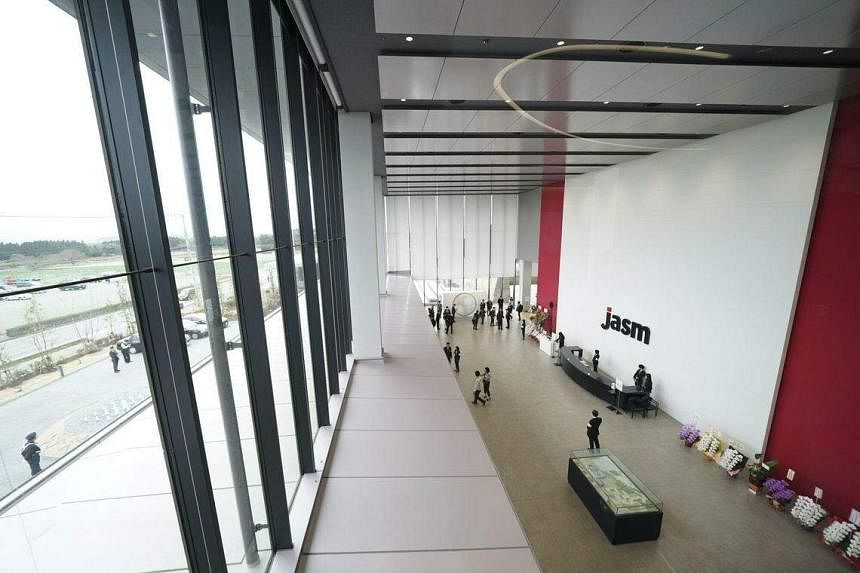
According to Taiwan government statistics, Japan is the island’s third-largest trading partner, while Taiwan is Japan’s fourth-largest trading partner. In 2023, bilateral trade totalled US$75.7 billion (S$101.8 billion).
There are signs that Japan is more willing to openly defend Taiwan interests even if it angers Beijing, which claims sovereignty over Taiwan.
For instance, Tokyo has – in the face of Beijing’s opposition – repeatedly expressed support for Taiwan’s bid to join the Comprehensive and Progressive Agreement for Trans-Pacific Partnership trade pact.
When China suddenly banned the import of Taiwanese pineapples in March 2021 – a move that analysts said was part of its pressure tactics against the island – Japan ordered a record 6,000 tonnes of the fruit to help salvage any losses.
During the pandemic, Japan shipped more than four million Covid-19 vaccines to Taiwan after Taiwan President Tsai Ing-wen accused Beijing of using its influence to block a large delivery of vaccines.
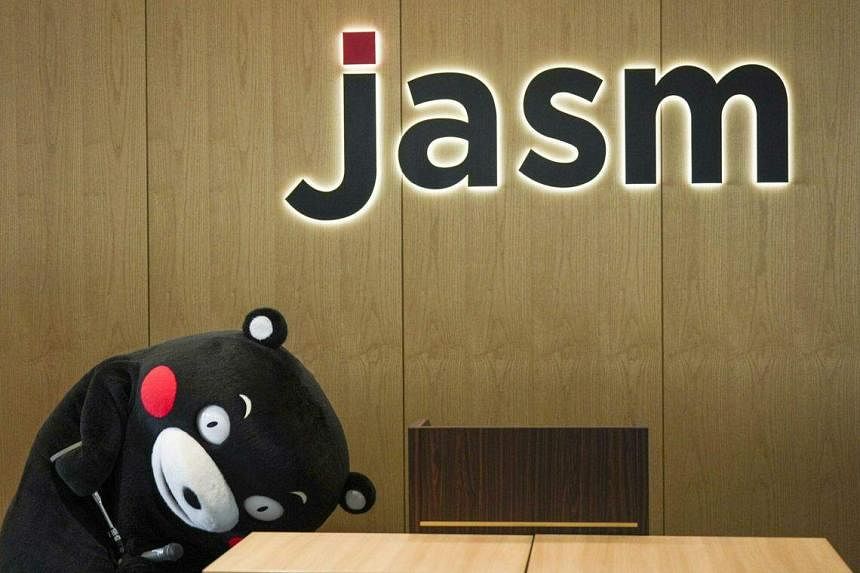
“Japan used to take a quieter approach when it comes to Taiwan, but it is very aware of China’s rise and is worried about the expansion of its ambitions in regional waters, including the Taiwan Strait,” said Professor Tsai Hsi-hsun from the Graduate Institute of Japanese Political and Economic Studies at Taiwan’s Tamkang University.
Beijing has been ramping up its military moves around Taiwan, and Chinese vessels are repeatedly entering waters near the Senkaku/Diaoyu islands that Japan administers and China claims.
Prof Tsai said the advancement of Taiwan-Japan relations can be largely credited to the late former Japanese prime minister Shinzo Abe, who intrinsically understood that any potential cross-strait conflict would involve his country, given its proximity and its alliance with the US.
“Like what Abe famously said, ‘A Taiwan emergency is a Japanese emergency,’” said Prof Tsai.
There were ideological reasons too.
In 2017, Mr Abe referred to Taiwan as “an important partner that shares Japan’s values and interests”.
But it was the year 2021 that was particularly important, noted Prof Tsai. It marked a milestone in the deepening of the relationship between the two neighbours.
In April that year, US President Joe Biden and then Japanese Prime Minister Yoshihide Suga met at a summit and, for the first time in nearly 51 years, put out a joint statement reaffirming the importance of peace and stability across the Taiwan Strait.
In the statement, the leaders also encouraged “the peaceful resolution of cross-strait issues”.
“Concerns about the potential impact on Japan from a conflict in the Taiwan Strait received widespread media coverage and really became mainstream in Japan then,” said Prof Tsai.
More recently, in September 2023, Mr Kishida replaced a pro-China foreign minister and enlisted a pro-Taiwan defence minister to his Cabinet.
The reshuffle saw Mr Minoru Kihara named defence chief and Ms Yoko Kamikawa Japan’s top diplomat, in what observers said is symbolic of Japan’s concerns over the Taiwan Strait.
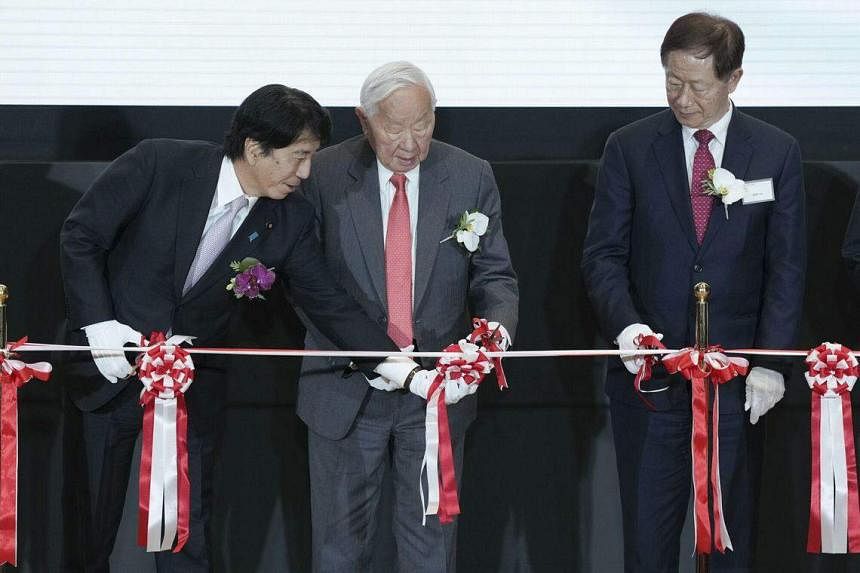
But it is not just on the political and economic levels.
The relationship between Taiwan and Japan has for years been marked by mutual good feelings, experts said.
Chang Jung Christian University’s Prof Amae said: “People don’t remember much about the negative parts of being colonised. Instead, Taiwanese often think of the Japanese colonial era as helpful to Taiwan’s development.”
According to the latest results of a long-running survey by the Japan-Taiwan Exchange Association, which functions as Japan’s de facto embassy in Taipei, Japan once again ranked as the favourite country of the Taiwanese. In the poll published in March 2022, the Taiwanese selected Japan as the country that they hope Taiwan can grow closer to.
Japan is also the top travel destination for the Taiwanese. Taiwan government statistics show that more than a third of the Taiwanese who went overseas from January to October 2023, or about 3.4 million people, had travelled to Japan.
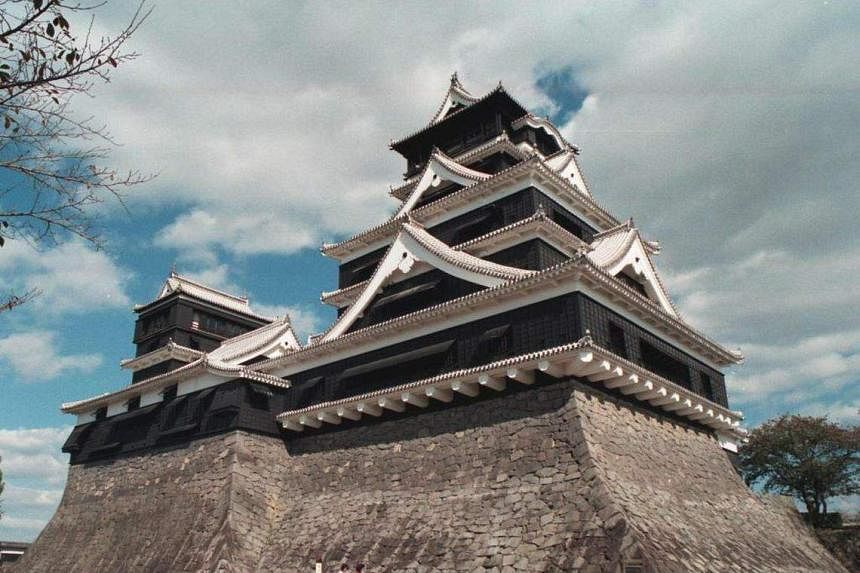
After a powerful earthquake struck Japan’s Noto peninsula in January 2024, the Taiwanese donated more than NT$540 million (S$23 million) for relief and post-disaster recovery. That was on top of the 60 million yen (S$537,000) pledged by the Taipei government earlier.
Taipei has indicated more than once that its relationship with Japan will remain strong.
Speaking at a birthday reception for Japan’s Emperor Naruhito in Taipei on Feb 26, Taiwan President Tsai described Japan-Taiwan ties “like that of family”.
President-elect Lai said the two neighbours have for decades shown mutual concern and provided assistance and support.
“This kind of friendship is seldom seen in the world,” he added.
